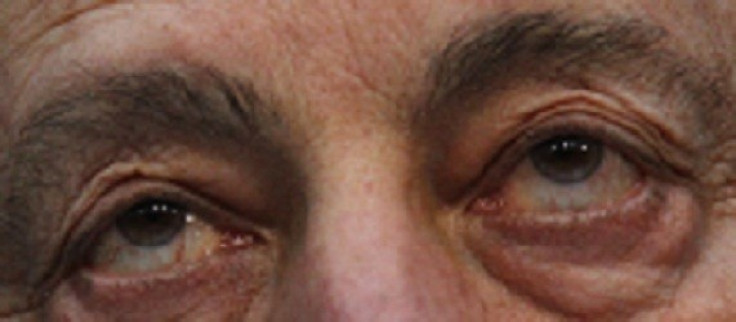Restoring eyesight lost due to diabetes may soon be possible

Blindness caused by diabetes could be reversed to restore eyesight by blocking a second blood vessel growth protein, says a new study.
Research led by Johns Hopkins University and the University of Maryland hit upon the finding when looking at the action of a well-known growth factor that stimulates abnormal blood vessels in the eye.
Diabetic retinopathy occurs when the normal blood vessels in the eye are replaced with abnormal, fragile blood vessels that bleed into the eye, damaging the light-sensitive retina and causing blindness.
Sealing these vessels using laser is a method in use but leads to loss of peripheral and night vision. Drugs blocking a growth factor VEGF that stimulates the abnormal blood vessels can only slow the blindness but not prevent it.
Researchers at the Johns Hopkins University School of Medicine were puzzled to find that levels of VEGF in the eye fluid tended to be higher in those with proliferative diabetic retinopathy; it was lower in some patients than in healthy participants.
Yet the low VEGF fluid stimulated blood vessel growth in lab-grown cells.
"The results suggested to us that although VEGF clearly plays an important role in blood vessel growth, it's not the only factor," said lead author Akrit Sodhi, an assistant professor of ophthalmology at the Johns Hopkins University School of Medicine.
A series of experiments in lab-grown human cells and mice revealed a second culprit, a protein called angiopoietin-like 4, reports Xinhua.
By blocking the action of both VEGF and angiopoietin-like 4 in fluid from the eyes of people with proliferative diabetic retinopathy, the researchers were able to reduce blood vessel growth in lab-grown cells significantly.
A drug that safely blocks the angiopoietin-like 4 action if combined with the anti-VEGF drugs could prevent proliferative diabetic retinopathy, suggests the team.
The study is reported in the US journal Proceedings of the National Academy of Sciences.
© Copyright IBTimes 2024. All rights reserved.








